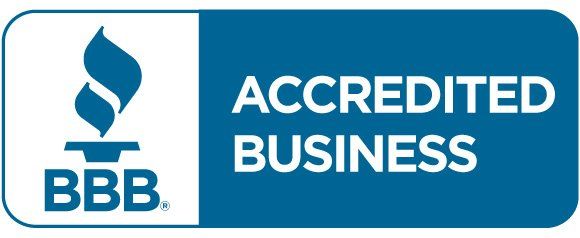Hard Money 2nd Loans
A hard money 2nd loan is a specific type of asset-based loan financing through which a borrower receives funds secured by the value of a parcel of real estate. Hard money 2nd loans are typically issued at much higher interest rates than conventional commercial or residential property loans and are almost never issued by a commercial bank or other deposit institution. Hard money 2nd is similar to a bridge loan, which usually has similar criteria for lending as well as cost to the borrowers. The primary difference is that a bridge loan often refers to a commercial property or investment property that may be in transition and does not yet qualify for traditional financing, whereas hard money 2nd often refers to not only an asset-based loan with a high interest rate, but possibly a distressed financial situation, such as arrears on the existing mortgage, or where bankruptcy and foreclosure proceedings are occurring. But this is not always the case. A hard money 2nd loan can be deeded for repairs or deferred maintenance that needs to be accomplished to acquire more tenants.
Many hard money 2nd mortgages are made by private investors like Saxe Mortgage and generally in their local areas like San Francisco. Usually the credit score of the borrower is not as important, as the loan is secured by the value of the collateral property. Typically, the biggest loan one can expect would be between 65% of the property value. That is, if the property is worth $100,000, the lender would advance up to $65,000 against it. If there was already a first loan of $50,000 then a hard money 2nd for $15,000 would be attainable. This low LTV (loan to value) provides added security for lenders, like Saxe Mortgage and their investors, in case the borrower does not pay and they have to foreclose on the property.
Hard money 2nd lenders structure loans based on a percentage of the quick-sale value of the subject property. This is called the loan-to-value or LTV ratio and typically hovers between 60 and 70% of the market value of the property. For the purpose of determining an LTV, the word "value" is defined as "today's purchase price." This is the amount a lender could reasonably expect to realize from the sale of the property in the event that the loan defaults and the property must be sold in a one- to four-month time frame. This value differs from a market value appraisal, which assumes an arms-length transaction in which neither buyer nor seller is acting under duress.
Below is an example of how a commercial real estate purchase might be structured by a hard money 2nd lender:
Total LTV 65% of Quick Sale Value
50% First Loan (Conforming Loan)
15% Hard Money 2nd
Call Our Hard Money Lenders
650-466-0246 or 650-755-7293
Want more information?
Private Money Lender
Real Estate Broker - CA Bureau of Real Estate - License #01823875, NMLS #320862
Available for California Properties Only
Serving Sacramento, San Francisco, San Mateo, Orange County & Beyond



